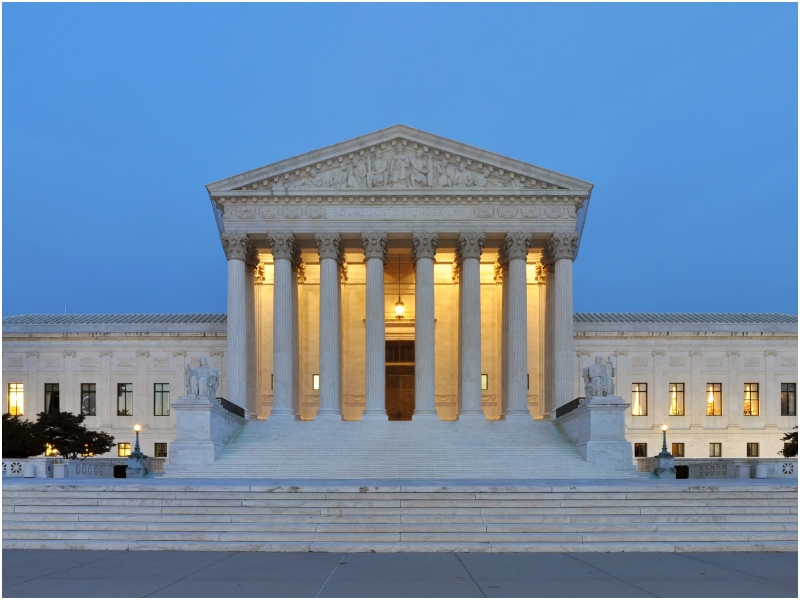In a 5–4 decision that could reshape how voluntary departure deadlines are calculated in immigration proceedings, the U.S. Supreme Court ruled Tuesday that undocumented immigrants who choose to self-deport are entitled to an extension when their departure date falls on a weekend or legal holiday.
The case, Monsalvo Velázquez v. Garland, centered on Mexican national Monsalvo Velázquez, who has lived in the United States for over two decades and currently resides in Colorado with his wife and two U.S. citizen children.
After being ordered removed in 2019, Velázquez was granted 60 days to leave the country voluntarily under 8 U.S.C. § 1229c. His deadline ultimately landed on Saturday, December 11, 2021.
Velázquez filed a motion to reopen his case on the preceding Friday, but the filing was not received until Monday, December 13. Immigration authorities deemed the motion untimely and denied it. Velázquez argued that the statutory deadline should have been extended to the next business day, a position the Supreme Court agreed with.
Writing for the majority, Justice Neil Gorsuch stated:
“[A] voluntary-departure deadline that falls on a weekend or legal holiday extends to the next business day. … Since at least the 1950s, immigration regulations have provided that when calculating deadlines, the term ‘day’ carries its specialized meaning by excluding Sundays and legal holidays (and later Saturdays) if a deadline would otherwise fall on one of those days.”
The ruling offers critical clarification for immigration courts across the nation, reinforcing long-standing principles of deadline computation while offering procedural protection to immigrants pursuing voluntary departure.
The dissent, authored by Justice Clarence Thomas and joined by Justices Alito, Kavanaugh, and Barrett, argued that the Supreme Court lacked jurisdiction to review the case and that such matters should first be addressed by lower courts.
Voluntary departure is often considered a preferable option to formal removal, as it avoids a deportation order—which can bar an individual from reentering the U.S. for at least ten years and severely limit future immigration relief.
The decision arrives against the backdrop of the lingering effects of the Trump administration’s hardline immigration policies. Justice Gorsuch’s opinion noted the broader stakes of the ruling:
“It also affects an individual’s exposure to detention, removal, and fines, and carries with it serious ramifications for his ability to seek lawful status for years into the future.”
Legal analysts say the decision reinforces fairness in immigration procedures and ensures that technicalities like weekend deadlines do not jeopardize substantive rights.

